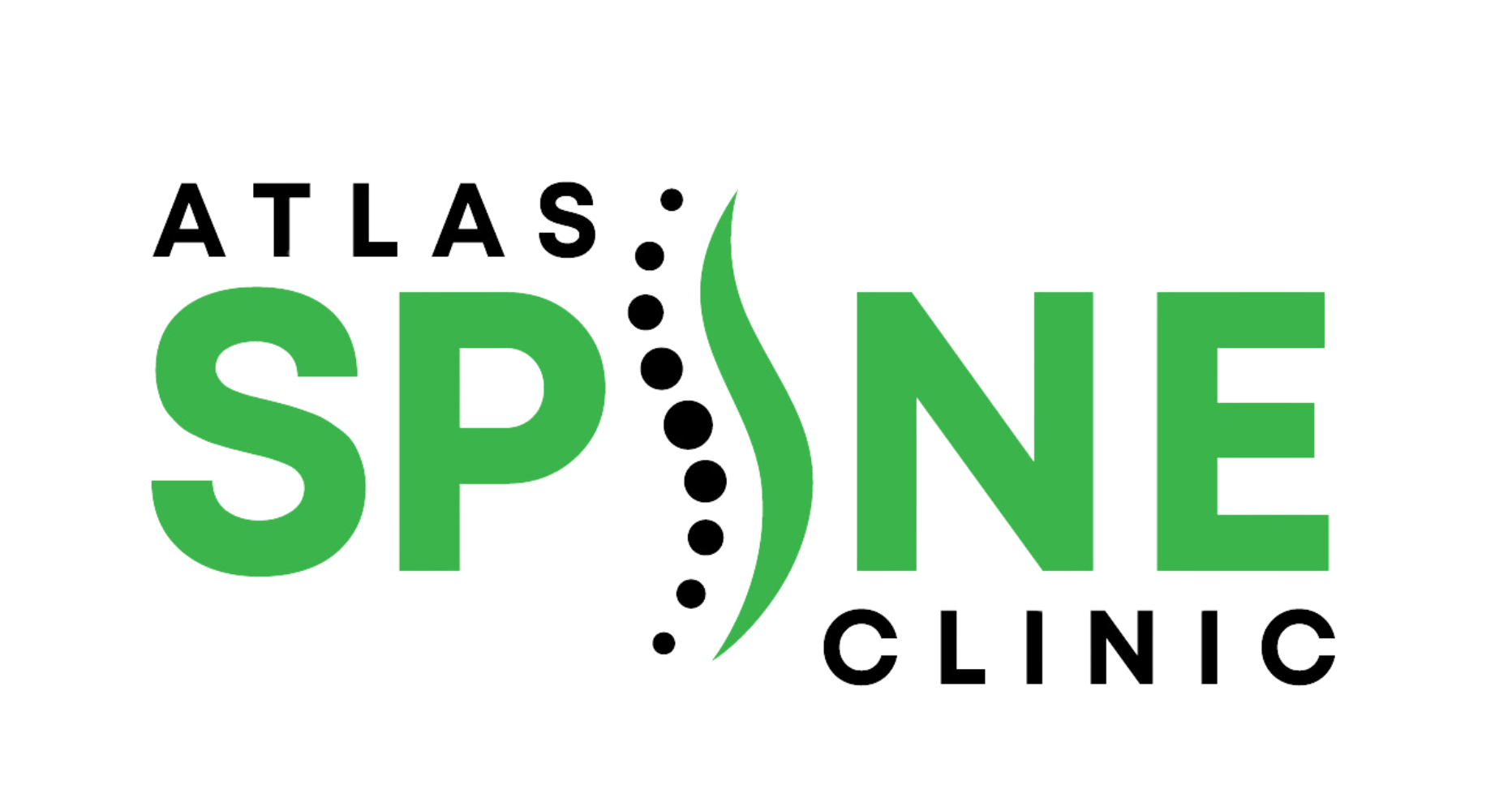Chiropractic care has been around for decades, yet a segment of population still debate its safety. Some call it life-changing, others stay cautious. Notably, when it involves your spine, caution makes sense.
Understanding Chiropractic Care: What It Involves
Chiropractic care is built on one powerful idea—when your spine is aligned, your whole body works better. Using hands-on techniques such as spinal manipulation, chiropractors help relieve pain, ease tension, and improve how your body moves. While it’s commonly used for neck and back issues, it also supports conditions like headaches, joint stiffness, and posture problems.
Now, this isn’t some plug-and-play treatment. What works for a runner might not be right for someone who sits at a desk all day. From athletes to busy parents, chiropractic care meets different needs in different ways.
Is Chiropractic Care Safe? What Science Says
Mention chiropractic care, and the first thing many people ask is, is chiropractic care safe? The concern makes sense—any treatment involving your spine deserves a deeper look. However, when performed by a trained, licensed professional, chiropractic care is widely recognized as a low-risk option for managing pain and improving mobility.
According to evidence-based chiropractic studies, most patients report feeling better after treatment without experiencing serious side effects. Mild soreness or fatigue can happen, but it usually fades away quickly and isn’t a cause for concern.
That brings us to another common question: is spinal manipulation safe? Research and clinical experience both suggest it is, provided it’s done by someone who understands the technique and tailors it to your body’s needs.
Common Myths About Chiropractic Care
There are a few persistent beliefs that make people hesitate. So let’s set the record straight.
“It’s only for back pain.”
Chiropractic adjustments can also address headaches, joint pain, and posture-related issues.
“Once you start, you can’t stop.”
That’s not how treatment works. Chiropractors develop a plan based on your condition—it’s not a lifetime commitment.
“Chiropractors aren’t real doctors.”
Chiropractors do not earn a medical doctor degree but they are required to complete a Doctor of Chiropractic (D.C.) for which they undergo rigorous education and clinical training before obtaining their licenses.
“Adjustments are painful or dangerous.”
Most adjustments don’t hurt. The truth about chiropractic treatment is that many people feel relief right after their visit.
Facts That Debunk the Myths
Concerned about chiropractic care? Most fears stem from myths, not facts.
The popping sound? That’s just gas bubbles released in the joints.
When it comes to neck adjustment safety, licensed chiropractors adjust based on your age, condition, and comfort. It’s precise, not a guesswork.
As for chiropractic care side effects, it’s usually mild soreness afterward—nothing more than what you’d feel after a workout.
Who Should or Shouldn’t Receive Chiropractic Adjustments?
While chiropractic care is widely used, it’s not for everyone. Understanding who should avoid chiropractic care can help you make safer decisions.
People with severe osteoporosis, certain spinal cord issues, or those recovering from recent surgery should consult their medical doctor first. In rare cases, conditions like vertebral artery dissection may raise the risk of a stroke, although this connection is still debated in research.
For most people, though, the safety of chiropractic therapy is well-documented. Seniors, children, pregnant women, and athletes all receive care when it’s tailored to their needs.
How to Ensure You’re Getting Safe Chiropractic Care
Finding the right provider makes all the difference. Start by checking credentials. Make sure your chiropractor is licensed and has positive reviews or testimonials.
Next, speak up. Tell them about your medical history, past surgeries, or medications. That helps them customize a plan that fits your body’s conditions.
Finally, stay consistent with follow-ups. Safe care isn’t just about the first visit—it’s about monitoring how your body is responding and making necessary adjustments along the way.
Chiropractor Training and Regulation
One word— qualifications. Chiropractors go through years of academic and clinical training. They earn a Doctor of Chiropractic (D.C.) degree, which typically requires four years of education after undergraduate studies.
After that, they must pass national board exams and meet ongoing education requirements. Chiropractor qualifications aren’t something to take lightly—they’re built on anatomy, physiology, and hands-on clinical hours.
This level of training ensures that licensed professionals know how to perform adjustments safely and responsibly.
Here is the evidence-based research on chiropractic education.
Why Choose Atlas Spine Clinic for Safe Chiropractic Treatments
At Atlas Spine Clinic, we know that safe chiropractic care starts with local expertise. We focus on more than just quick fixes—our goal is lasting relief achieved through careful evaluation, advanced techniques, and clear patient education.
Our team combines deep scientific knowledge with a genuine understanding of each patient’s unique journey. We create personalized treatment plans in a warm, supportive environment so you always feel heard and cared for.
FAQs About Chiropractic Safety
- Is chiropractic care safe for seniors?
– Yes, when modifications are made based on age and bone density. Gentle techniques are used for older adults. - Can chiropractic adjustments cause strokes?
– Very rarely. The link is debated, and serious complications are extremely uncommon, especially in skilled hands. - Is it safe to get your neck cracked?
– Neck adjustment safety depends on the chiropractor’s technique and your specific condition. It’s safe when done by expert professionals. - Are side effects common after chiropractic visits?
– Minor side effects like soreness may happen, but serious issues are rare. Always discuss symptoms with your chiropractor.
End Note
Science and thousands of satisfied patients help answer — is chiropractic care safe, cutting through the noise of common misconceptions. Take that step toward safe, expert care.
To get more answers and to give it a shot, book your consultation with Atlas Spine Clinic today.






